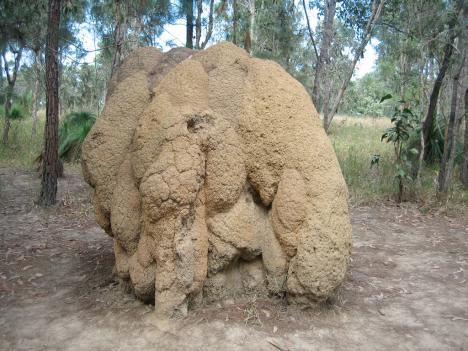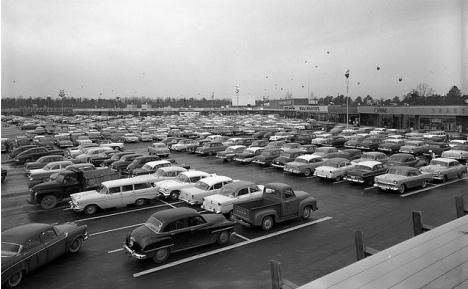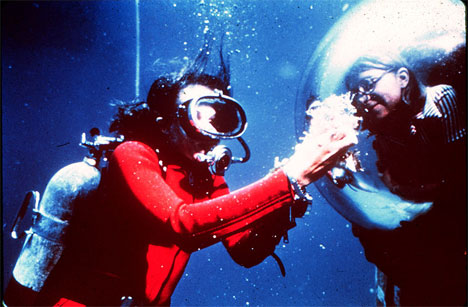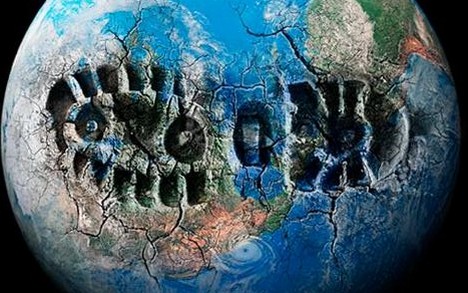Photo by sheilaellen Despite their reputation as pests, termites are actually fascinating creatures particularly for their complex social structures. But that isn’t the only thing that hast attracted the attention of scientists lately. It seems that by watching where termites decide to build mounds, secrets to the ecological changes of Africa’s savanna are revealed. Researchers at the Carnegie Instution’s Department of Global Ecology mapped over 40,000 termite mounds across 192 square miles of savanna, and through their imaging and analysis of the mounds, they’ve found … Read the full story on TreeHugger

Excerpt from:
A Technical Look At Termite Mounts Foretells Changes in Africa’s Ecosystems




























